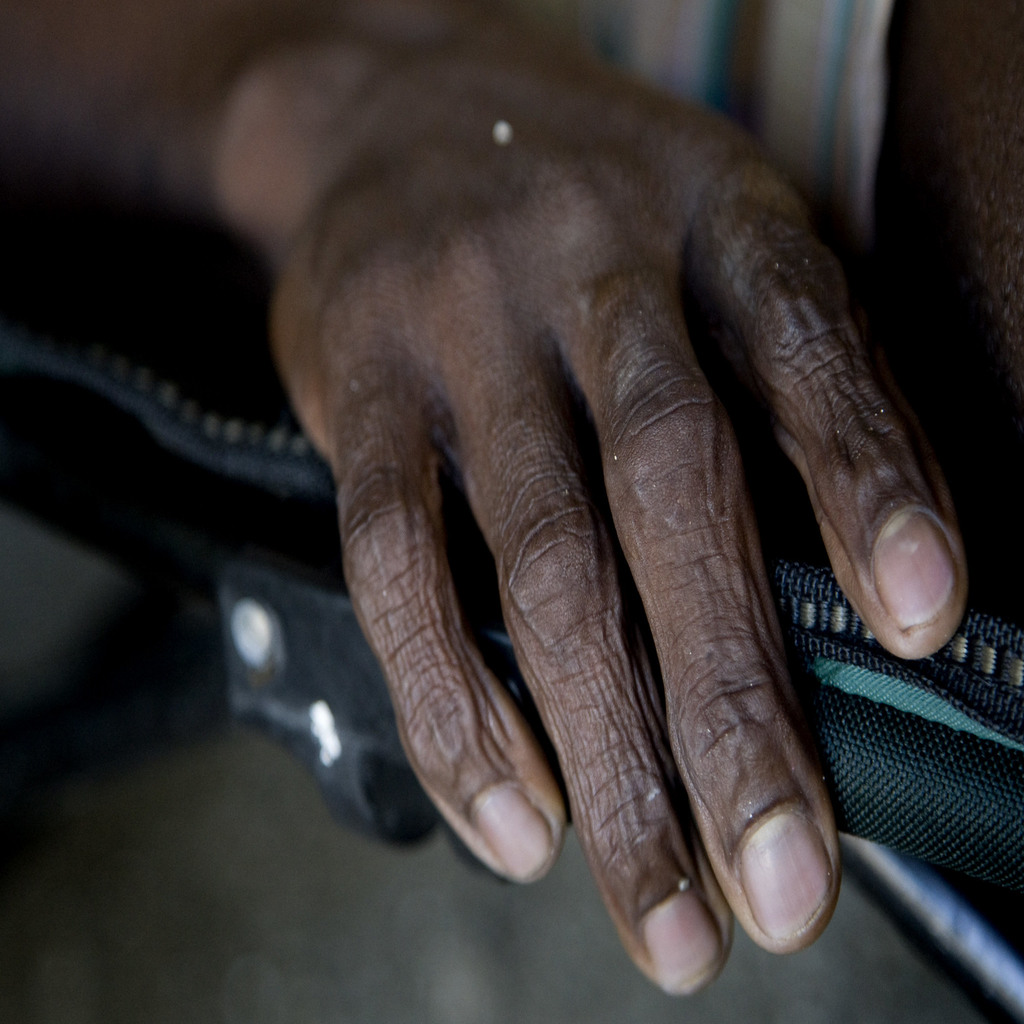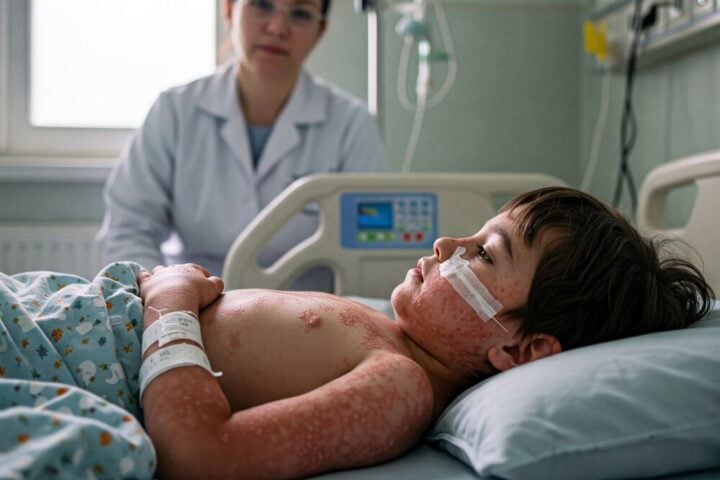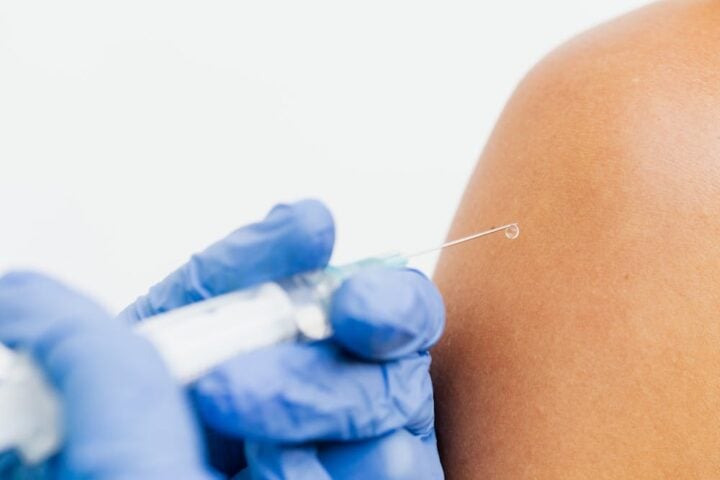Currently at a high emergency level, the UN has expressed concern about the worsening cholera situation, with 23 countries reporting epidemics. The disease, which is contracted through water or food contaminated with bacteria, is intensified by the effects of climate change. Fortunately, this week a new vaccine against the disease was approved.
Conflicts, unplanned urbanization, and climate change increase the risk of cholera. The World Health Organization (WHO) warned on Tuesday that the escalation of the cholera outbreak has significantly worsened worldwide. The UN agency points to two factors: climate changes such as droughts and floods, and a blatant lack of funding to effectively combat the cholera outbreak.
Cholera cases continue to multiply. The WHO alert came after it classified the resurgence of cholera as a category 3 emergency, its highest level, in January 2023.
Dr. Philippe Barboza, WHO’s chief of cholera and diarrheal diseases, mentioned during a press conference in Geneva that since then, the situation had only deteriorated.
In recent years, cases have multiplied worldwide. Since the beginning of 2023, about 825,000 cases of cholera, including 5,900 deaths, have been reported in thirty countries, according to a count as of March 31, 2024. Just in March 2024, more than 25,000 new cases of cholera were reported in 16 countries.
These figures confirm trends observed in recent years. In 2022, 473,000 cases were reported, double that of the previous year. Preliminary data indicate that more than 700,000 cases will be reported for 2023.
Effects of droughts and floods in Africa. These figures are especially alarming in regions of Africa and the Eastern Mediterranean.
According to WHO experts, the organization considers the current global risk of cholera to be very high and is urgently responding to reduce deaths and contain outbreaks worldwide.
Cholera, which is contracted from a bacterium typically transmitted through contaminated water or food, causes diarrhea and vomiting and can be dangerous for young children. According to the UN agency, the disease thrives in environments where sanitation and clean water are inadequate.
Unfortunately, the current climate crisis, characterized by frequent droughts and floods in the countries of East and Central Africa, creates an ideal situation for the spread of cholera epidemics. Only in March 2024, Ethiopia and Zimbabwe recorded the highest number of cases, 4,009 and 3,588 respectively.
Experts from the organization indicated that as the effects of climate change intensify, the situation could worsen if immediate action is not taken to strengthen cholera prevention.
In this context of concern, there are some positive news. As of April 15, vaccine reserves amounted to 2.3 million doses, certainly below the global target of five million doses, but at least the reserves are no longer empty.
Similar Posts
Additionally, earlier this week, WHO approved a simplified version of an oral cholera vaccine, which should allow increasing the total production of these serums in response to the explosion of cases worldwide.
The Euvichol-S vaccine is a simplified formulation of Euvichol-Plus, with fewer components, which should allow for producing larger volumes more quickly, as reported by WHO on Friday after approving them. Both versions are produced by the South Korean group EuBiologics.
Criticism over lack of funds. Although the global supply of cholera vaccines between 2013 and 2023 has increased eighteenfold, the growing demand has created a global shortage.
To cope with the explosion of cases, WHO has moved from recommending two vaccine doses to just one. However, WHO emphasizes that vaccines alone will not solve the problem.
The World Health Organization believes that clean drinking water, sanitation, and hygiene are the only sustainable long-term solutions to end the cholera epidemic and prevent future outbreaks.
This crisis is also seriously hindered by a lack of funding. Since 2022, WHO has released $16 million from its emergency funds for the fight against cholera.
Without an urgent increase in funding, WHO will cease to provide essential support, putting more lives at risk in the 23 countries currently reporting outbreaks.


















